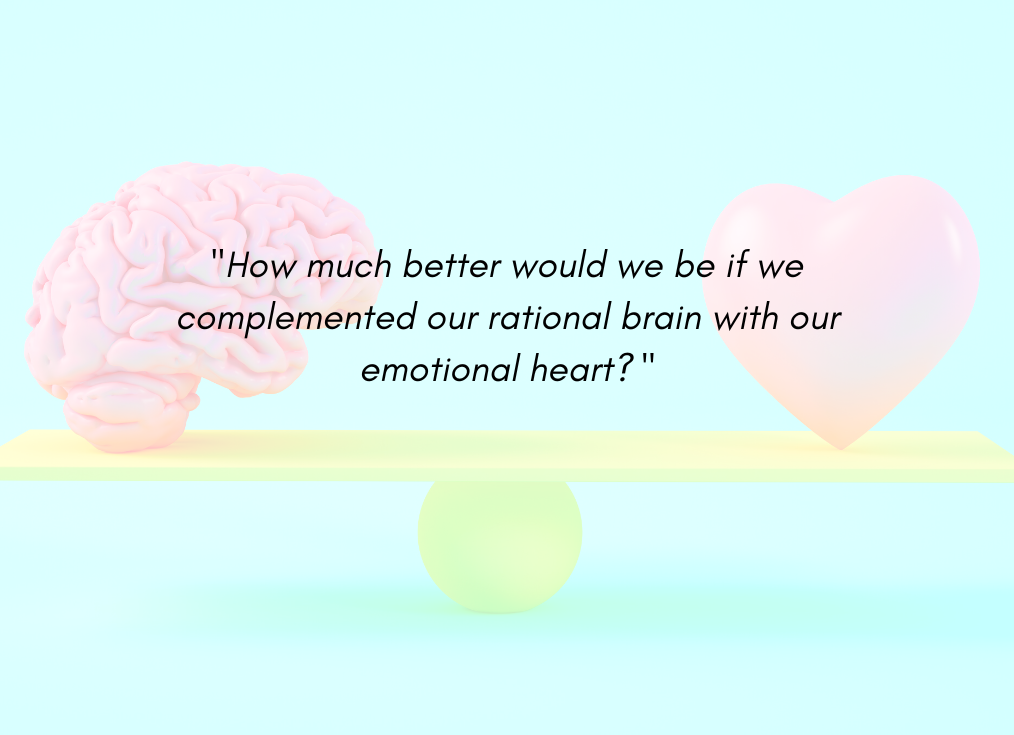An Understanding Heart

September 16, 2022 / 20 Elul 5782
How do we know if we’ve been granted a blessing in disguise? Can we even tell that it’s a blessing while experiencing the challenge or struggle that comes first? Why must we experience the pain and suffering before realizing the blessing that comes forth at the end?
Variations of these questions have been pondered for generations. Our sages teach us that it is for this reason that we are taught to minimize our disappointment when things do not go as expected or when we are presented with seemingly “bad luck” or misfortune. In fact, in this week’s Torah portion, Ki Tavo, we are told to “rejoice in all the good that Gd has granted you” (Deuteronomy 26:11), which the rabbis say applies to everything at all times.
It is easy to thank Gd when our experiences are positive, satisfying, and rewarding. But how difficult is it to say “thank you” for the experiences that leave us disappointed?
There is a story of the renowned Nazi Hunter, Simon Wiesenthal, who became aware of a Jew who had smuggled a siddur (prayerbook) into the concentration camp. At first, Wiesenthal was impressed with this man’s courage and commitment to his faith. However, the next day Wiesenthal witnessed this same Jew renting out his siddur for extra rations.
From that moment forth, Wiesenthal questioned his faith in a religion where someone could behave in such a selfish and mercenary manner.
After the war, Rabbi Eliezer Silver visited with Wiesenthal, where Wiesenthal shared the story, still with fresh anger and disgust.
“You are looking at the story through the eyes of the wrong character.” Rabbi Silver told Wiesenthal. “Do not look at the man who tried to take advantage of the others. Rather, look at what the others were willing to give for only a few short minutes with the siddur.”, explained Silver.
We are also taught this week that Gd gave us, “a heart to understand, eyes to see, and ears to hear.” (29:3) However, unlike the “eyes to see” and the “ears to hear,” which match our physical organs with the appropriate senses, matching the “feeling” heart with the brain’s typical “understanding” ways is an odd disconnect.
Our sages teach us that a better translation of this phrase is that of an “understanding heart.” How much better would we be if we complemented our rational brain with our emotional heart? Maintaining a balance with these two often contradictory forces is our path to finding the blessing in each and every experience we face.
This week let us take a moment to step back and try to gain greater insight. May we find our “understanding heart” and hope to see things from a different perspective. Let us ask ourselves what we can do to help those who might be struggling and help them through their time of challenge.
Building community is synonymous with building relationships, and as we near the end of the month of Elul, our month to repair any broken or dissolved associations, may we find the strength to prepare ourselves for the final ascent to the upcoming holidays.
I encourage each of us to reach out to a loved one and/or reconnect with that distant neighbor. Because we are…
Shabbat Shalom,

